The original story by for WyoFile.
Wyoming lawmakers just punted on their biggest road problem. Facing a roughly $400 million annual highway funding gap, a legislative committee on Monday rejected a plan to raise the state fuel tax — the main money spigot for the Wyoming Department of Transportation — leaving no obvious way to pay for thousands of miles of pavement battered by long, brutal winters.
The backdrop isn’t pretty. WYDOT’s revenue has lagged since the last fuel-tax bump in 2013, while construction and maintenance costs have climbed. The agency is on the hook for about 6,700 miles of roads and more than 1,900 bridges, and the weather does them no favors. Lawmakers spent the interim studying the hole and even formed a working group that drafted a bill to chip away at it. But when it came time to back the plan, the Joint Transportation, Highways and Military Affairs Committee voted 7–5 against sponsoring it.
The proposal was straightforward: nudge the state tax on gasoline, diesel and alternative fuels from 24 cents to 29 cents per gallon starting in July, then add another five cents in June 2028. It also would have modestly raised user and registration fees for snowmobiles, motorboats and off-road vehicles. Support came from across the road economy, including the Wind River Intertribal Council’s DOT, the Associated Contractors of Wyoming, and the Wyoming Trucking Association. Trucking Association president Kevin Hawley described driving to Cheyenne in rain and snow, watching water seep into cracks and imagining the repair bill if the state keeps delaying.
“This isn’t a silver bullet, but we have to keep chipping away at it,” he said, noting his board backed the bill unanimously.
Opposition wasn’t so much pro-pothole as anti-toolbox. Committee co-chair Sen. Stephan Pappas summed up the bind: Wyoming doesn’t like tolls, isn’t keen on a road-usage charge, and bristles at most revenue mechanisms that would actually raise serious money. Without a palatable option, he warned, the state may have to raid the General Fund — the same pot that pays for schools and other services — to keep roads drivable.
In truth, lawmakers are already papering over the gap. Earlier this year they rerouted sales and use taxes from vehicle and trailer purchases away from the General Fund and into the highway fund, a move expected to add about $70 million a year for WYDOT. They also peeled $15 million from the rainy day account for urgent repairs to I-80 tunnels, after a deadly February pileup near Green River underscored how fragile key corridors can be. Helpful, yes, but nowhere near enough to cover a $400 million shortfall.
With the tax bill dead, some members pushed for transparency about the tradeoffs. Rep. Cody Wylie asked WYDOT to create a visual report showing what “triaging our roads” really looks like—project by project, community by community — so residents can see what gets cut if new funding doesn’t materialize. As he put it, you can only “stretch the peanut butter on the toast” so far before you’re staring at bare bread.
Monday’s meeting was the committee’s last of the interim. Barring a late pivot, the state will roll into the Feb. 9, 2026 budget session with the same giant number and fewer obvious answers — plenty of cracked asphalt, and still no consensus on how to pay to seal it.
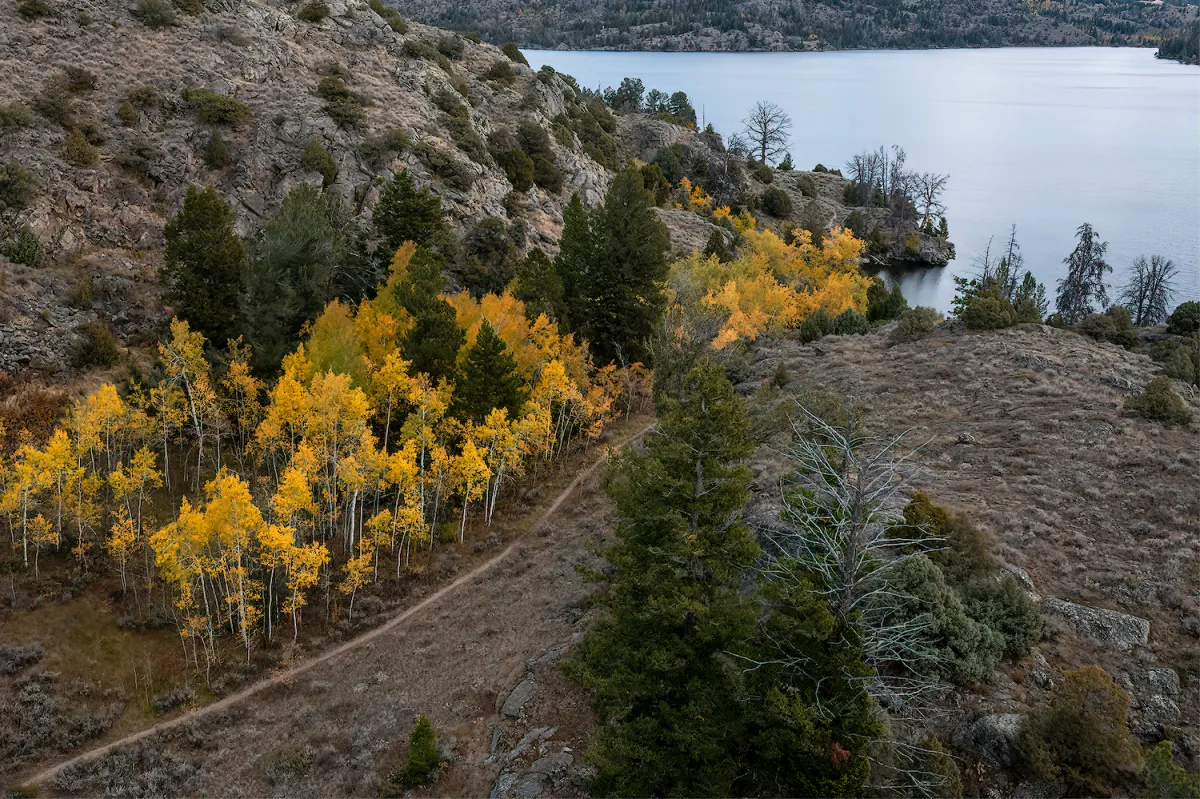
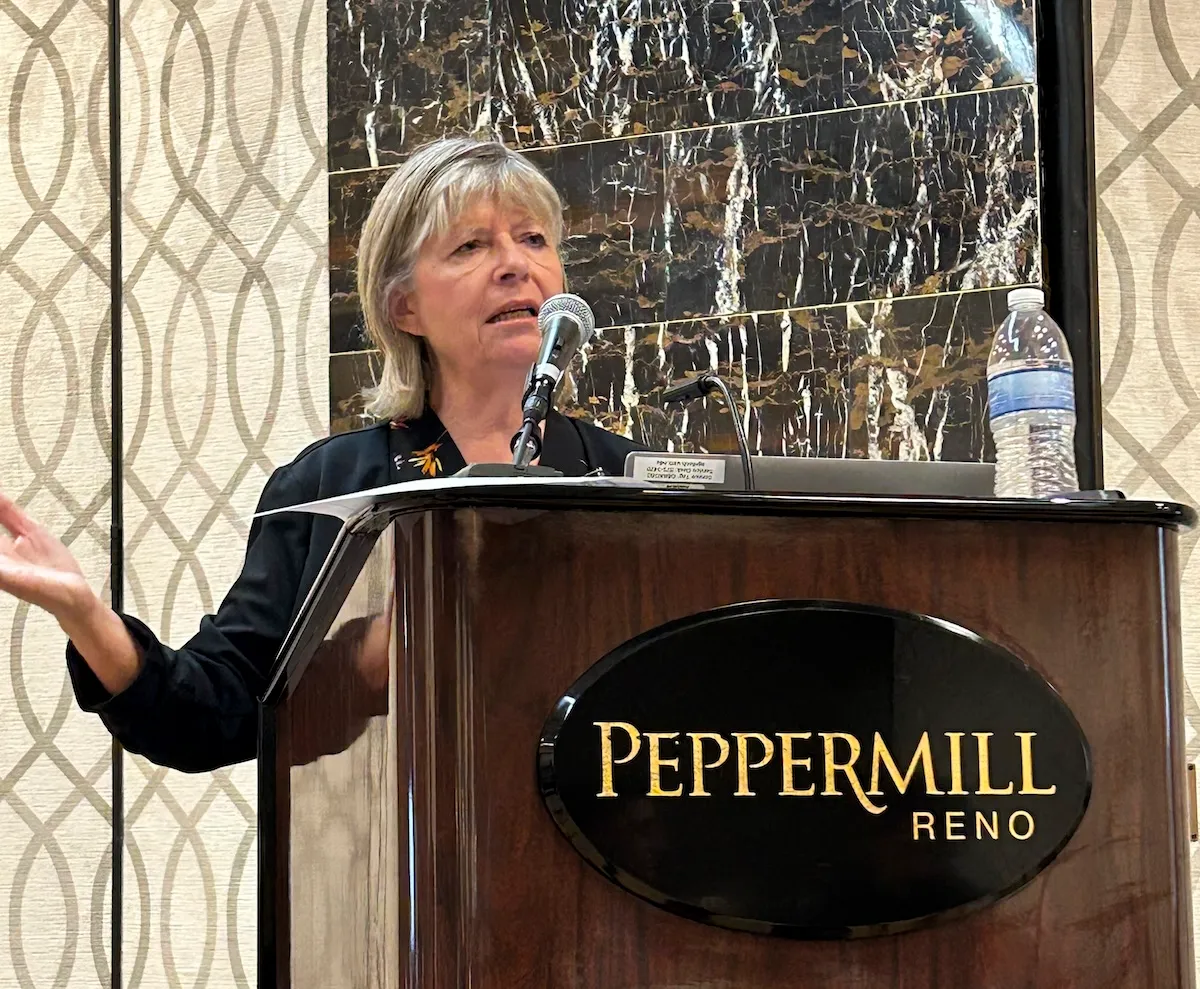
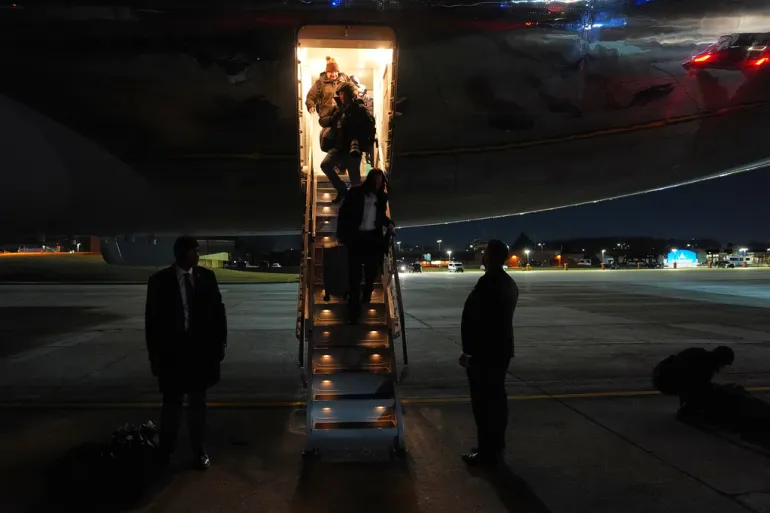

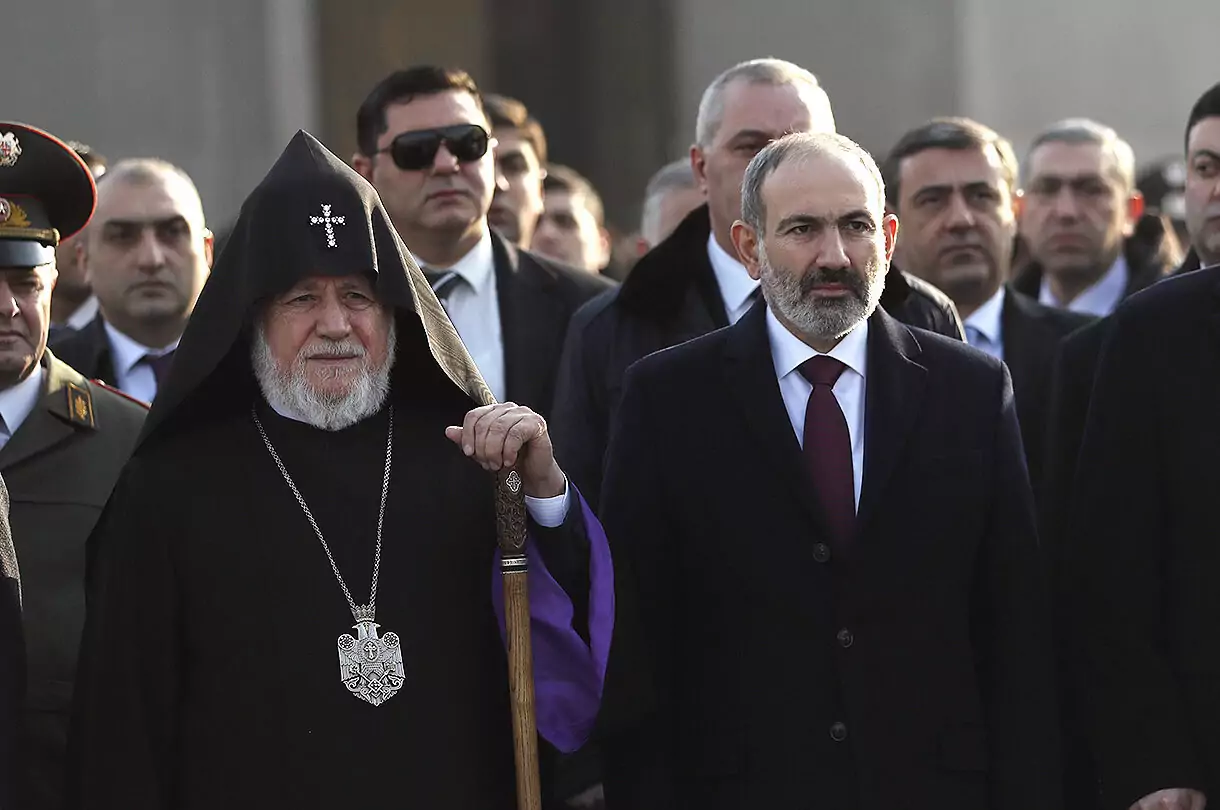
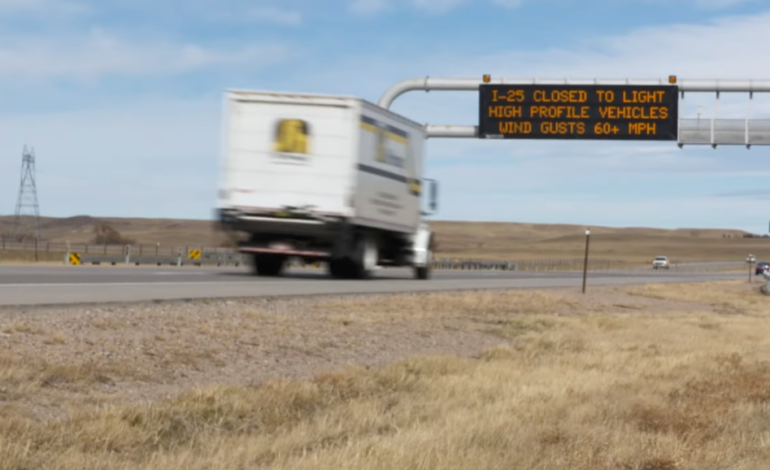




The latest news in your social feeds
Subscribe to our social media platforms to stay tuned